Are you planning on a career in finance (specifically as an advisor or broker)? If so, you may have already answered the question “Why take the SIE exam?” Whether or not it has much value in the real world is irrelevant unfortunately (it actually does). The SIE Exam is the gatekeeper that will open the door to your career, and turn the lights on to show you what’s possible.
In today’s post, we answer why you should take the SIE Exam.
Why Take the SIE Exam?
Well, if you plan to work at a big bank or financial advisor then chances are that you will need to take this exam. Passing the SIE Exam is mandatory in becoming a registered representative. It is the introductory exam to anyone starting their career.
One reason why the regulators require it is that it ensures a basic level of competence. Most of the material involves fairly high level definitions. It also covers the basics of many rules and regulations in the securities industry. Much of this material is not covered by the standard corporate finance class in college.
Although a lot of it might not be too applicable – you might never write an option in your life for instance – you may need to warn others about the risks of doing so.
Get a Head Start
Another reason you might decide to take the SIE Exam is to get a head start on your career.
The SIE Exam is one of the only FINRA or NASAA exams offered that you can take without a sponsor. In other words, you don’t have to have a job with a broker/dealer to take the exam. You do need to be sponsored to take the Series 7 Exam.
This extra credential on your resume can go a long way. Few people graduating college have the SIE Exam, and it has a few advantages from an employer’s perspective: 1) They won’t have to pay you to study for the SIE Exam; 2) You will be able to take your other exams sooner, and therefore be a contributing employee in a shorter period of time, and; 3) It signals “ambition”, which is an attractive quality in any potential candidate.
Accompanied with the Series 7 Exam, and either the Series 63 exam, or Series 66 exam, you become a very marketable individual in the financial services industry.
Overall, if you’re in college and/or in “study mode”, take an extra 5 to 10 hours per week and study for this entry level exam. Get a leg up on your competition. Before graduation or before applying to that next job, set yourself up for an exciting career and take the exam. For some tips and tricks, you know how to reach us if you need help, but in the meantime, good luck studying!

